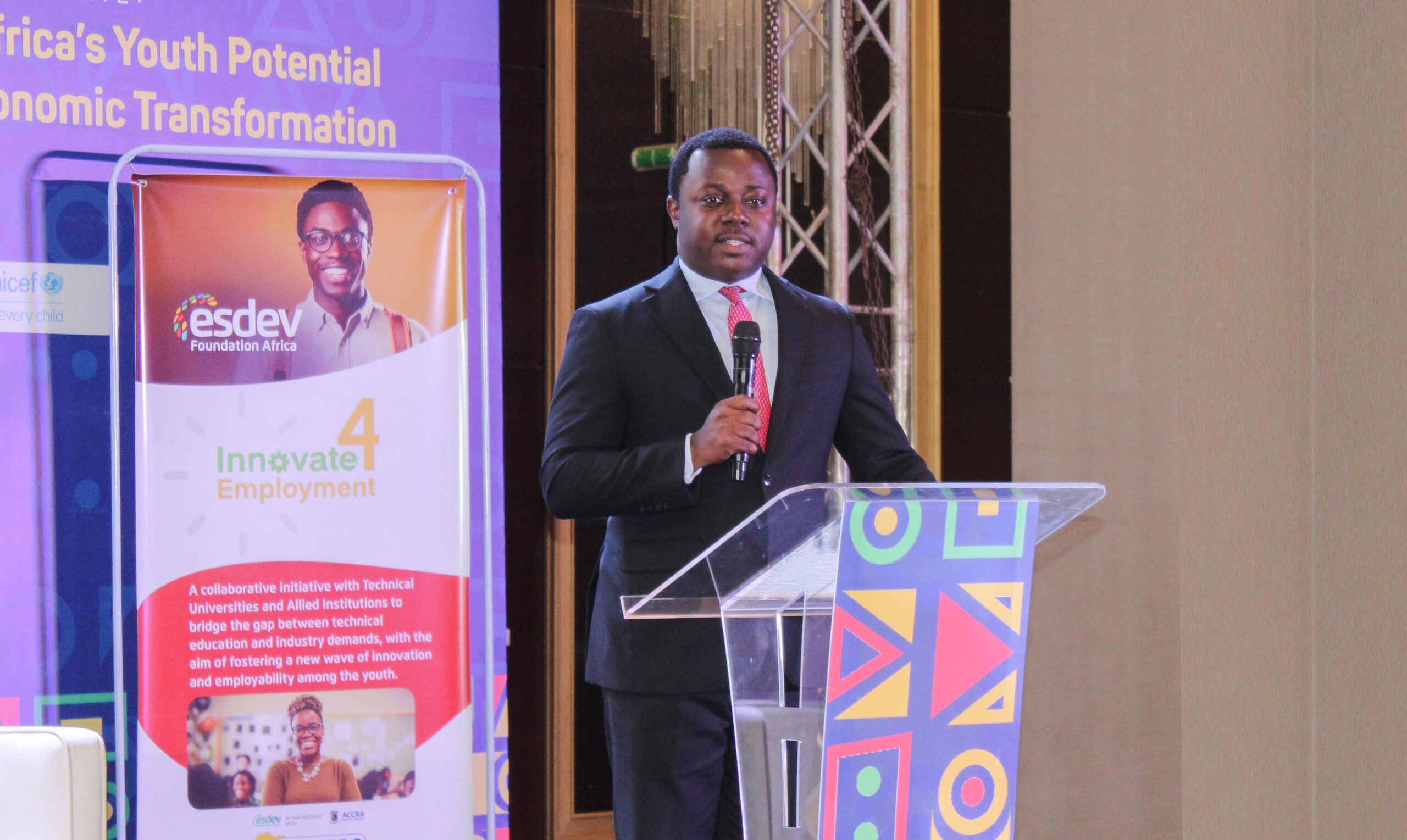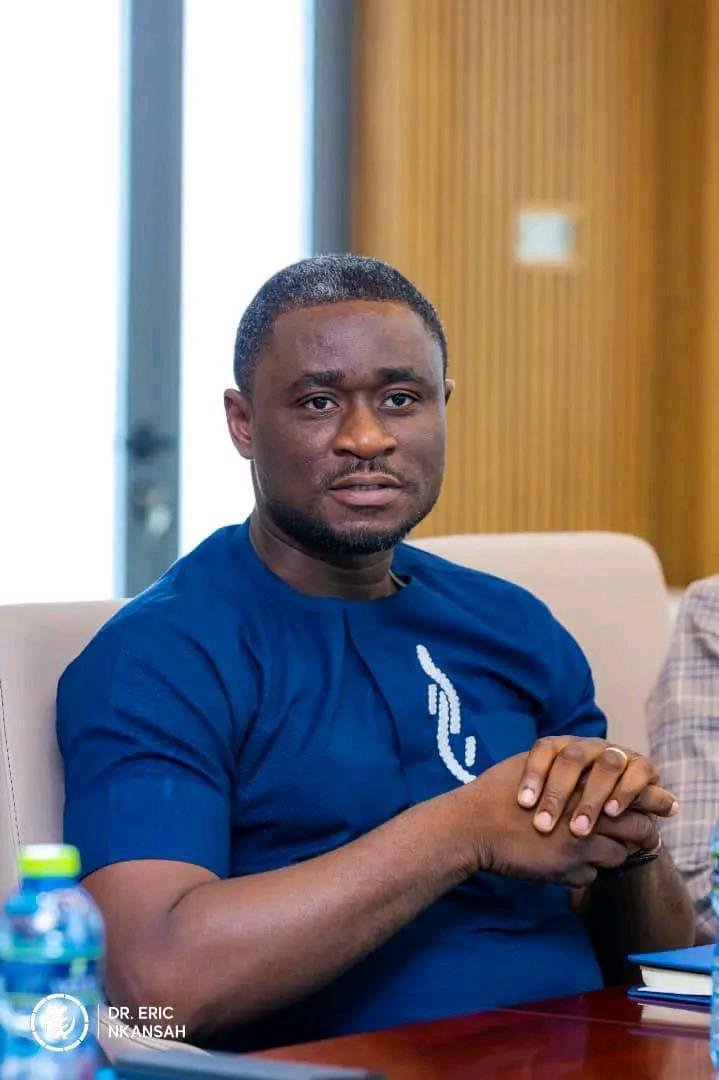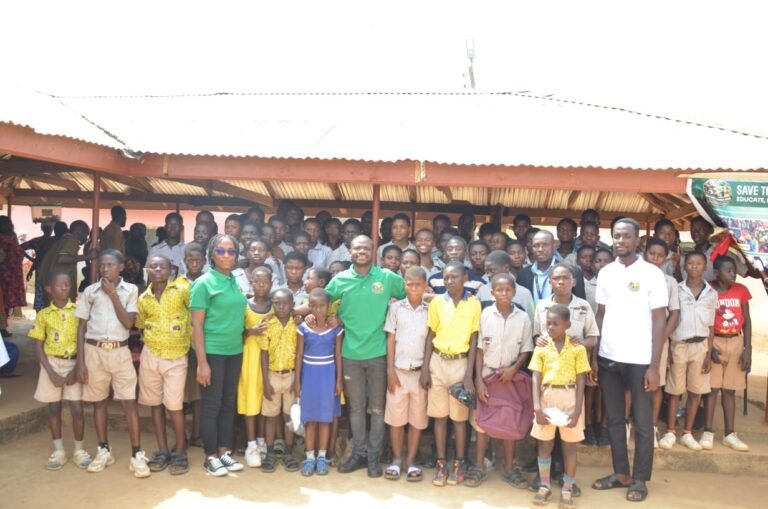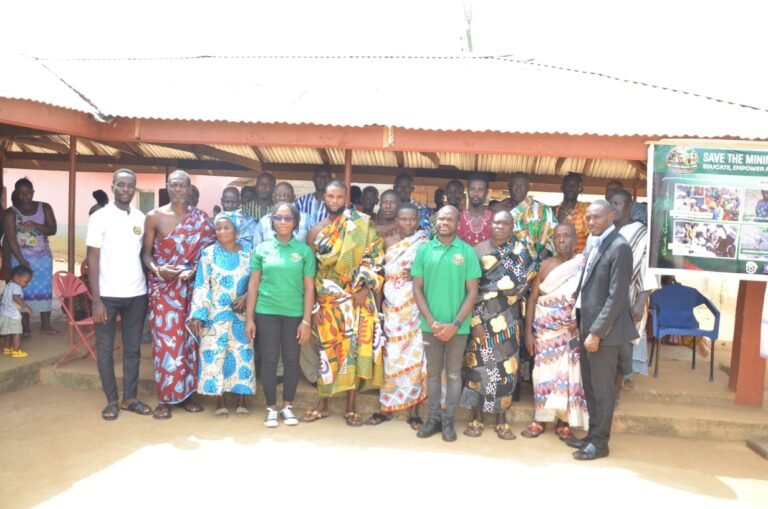
 A Deputy Minister of Education, Reverend John Ntim Fordjour, has pointed out that over GH₵129 billion investment has been made into Ghana’s education since 2017.
A Deputy Minister of Education, Reverend John Ntim Fordjour, has pointed out that over GH₵129 billion investment has been made into Ghana’s education since 2017.
He said this investment primarily focuses on skills development, aiming to enhance the Technical and Vocational Education and Training (TVET) landscape in Ghana.
He said this during the Africa Regional Conference on Education and Skill Development (ARC-EDS) at Accra yesterday. It was under the theme “Unlocking Africa’s Youth Potential for Socio-Economic Transformation”.
Curricula
The Deputy Minister emphasised that the investment had enabled the development of more than 108 competency-based curricula, with an additional 120 curricula currently in progress.
“We have prioritized TVET education and skills development more than any government in the history of this country. We have embraced competency-based initiatives, developing over 108 competency-based curricula across all levels of our national TVET qualification framework, with an additional 120 curricula currently in development,” he said.
These initiatives, he said, had been designed in collaboration with industry partners to ensure that graduates possess the necessary skills to meet market demands, thereby reducing the skills-job mismatch and addressing unemployment.
He also highlighted the retooling of over 115 TVET institutions as a key component of this investment. “Gone are the days when TVET was an afterthought, misperceived as a place for those who were not the brightest or the most talented. Today, we see increasing enrollment in our TVET institutions,” he stated.
Collaboration
Besides the formal TVET investment, Rev. Fordjour noted the collaboration with international partners such as the World Bank and the German government, which had facilitated training for over 3,000 master craftsmen and apprentices in the past seven years.
He further stressed the importance of STEM (science, technology, engineering, and mathematics) education in driving economic growth and modernizing skill sets. The government is actively working to shift the focus towards STEM fields, aiming for a 60:40 ratio favouring science over humanities.
He called for collective support to sustain this educational transformation, ensuring that Ghana continues to develop a skilled workforce capable of contributing to both local and global economies.
“We must all support this vision to ensure that by the end of this century, we will not only contribute significantly to global knowledge but also achieve high enrollment rates, comparable to countries like Mauritius, which boasts a gross enrollment ratio above 44%, unlike many others with ratios under 10%.
“In Ghana, we have achieved a 100% gross pre-primary enrollment rate and are working towards 100% net enrollment. We are making significant progress. According to a 2022 report by the World Bank, learning poverty in sub-Saharan Africa is indeed extremely high, with about 89% of children unable to read and understand a simple text by age ten. This figure is part of a broader learning crisis exacerbated by the COVID-19 pandemic, which saw learning poverty rates rise globally, now affecting approximately 70% of 10-year-olds in low- and middle-income countries,” he indicated.
However, he noted that Ghana had deployed numerous interventions. “From 2015 early grade reading assessment where only 2% of our pupils were reading at P2 level, we have seen improvements. By 2022, the national standardized test indicated that 38% of our pupils are reading at P2 level, contrary to the World Bank’s projections. Today, about 54% of our children at age ten are reading at grade level in Ghana. The goal to reach a 90% reading proficiency rate remains an ambitious target for Ghana’s education system,” he said.
21st century competencies
To achieve this, he mentioned that government had introduced a standards-based curriculum focusing on 21st-century competencies: critical thinking, creativity, collaboration, and communication, right from the foundation level.
“We are moving away from rote memorization towards fostering innovation, which is key to overcoming poverty and unlocking the potential of our youth,” he stressed.
He reiterated Ghana’s dedication to investing significantly in technology-driven education, vocational training, and entrepreneurial development to tackle current challenges. He believes that these initiatives aim to provide meaningful opportunities for the country’s youth while fostering confidence.
Rev. John Ntim Fordjour, Deputy Minister of Education




